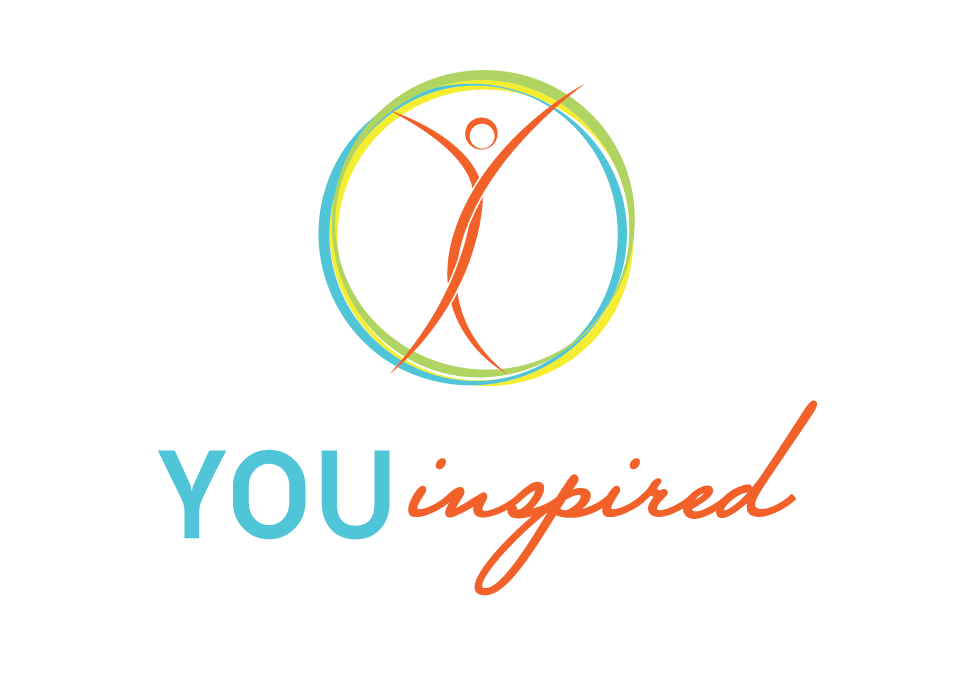Are your expectations limiting others?
I saw this cartoon by Darío Castillejos on social media and it really resonated with me. The timing was perfect as I was wrapping up a week which was full of non-stop chatter, coaching and discussions reflective of what this picture depicts, which is this confronting question:
“are your expectations of yourself limiting the potentials of others?
Let’s consider these 3 points;
How you see others is a projection of how you see yourself.
We form expectations of ourselves based on what we love and dislike about ourselves. If we are confident in ourselves, then we will have higher expectations, whereas lower confidence tends to lead to lower expectations.
Similarly, what we love in other people is what we love in ourselves, and what we dislike in others is what we dislike in ourselves also. In this way, we form expectations of others.
We tend to take what we like and dislike in others and make it the whole picture.
We view people through our perceptions and quickly turn these perceptions into expectations. E.g. that person is so happy; this is a happy person. We then behave accordingly with this person, showing this person what we expect, which is that they are always happy. So what happens when our expectations are not met on the days this person is sad?
When we love someone or hate someone, we allow those qualities we love or hate to form the entirety of that person. As time passes, we start to notice other qualities and are often disappointed at them for not meeting our expectations anymore. (All those in long term relationships, say “I”). This might be why the saying love is blind proves true to so many.
How we see the other ends up being how the other person sees themselves in our presence. This means, our perception of the other person opens a specific form of connection point between both of us. The other person will adjust their behaviours and words to allow for this connection, confirming our initial perception of them. E.g. If you believe I am a very happy person, you will connect with me through behaviours and subtle cues which imply this expectation of me. I will adjust my behaviour and my reality to meet your expectations, so that it allows us to connect. This will confirm to you that I am who you believe I am. It will also lead me to believe that I am accepted when I am a happy person.
How does this impact our happiness and successes in life? Massively! It can limit our potentials or expand our potentials; it can connect or disconnect us from our authenticity and it will impact our self-confidence. In turn, it will also impact our relationships with others, their growth and successes too!
The first psychologist to systematically study the impact of expectation and performance was a Harvard professor named Robert Rosenthal, who in 1964 did an experiment with primary school aged children. The experiment was to see what would happen if teachers were told that certain kids in their classes had very high IQs and were destined to succeed. What the teachers were not told was that all the children did a standard general ability test, and a few children were chosen at random to be the “special” ones. Then, Rosenthal monitored the children for 2 years and he discovered that the teachers’ expectations of the children:
impacted their behaviour towards them. That is, their interactions with the children and the way they taught them, even in extremely subtle ways, were different compared to their interactions with the ‘regular’ children. They gave these ‘special’ kids more time to answer questions, gave them more specific feedback and a lot more approval. They also directed a lot more positive gestures and body language towards these children, which included touch, smiles and nodding.
the selected children’s IQ did in fact, increase.
This blog is not to tell you to stop expecting things from those around you. That would be an impossible task! But we cannot underestimate the power of our self-awareness in shifting so much more than our own confidence. I hope some takeaways for you from this blog includes to:
be aware of the expectations we form and communicate to both ourselves and those around us.
notice the ways we limit and expand the potentials of others.
continue to offer high level and positive connection paths with those around us.
become better and more conscious about our own patterns of thinking-feeling-acting.


